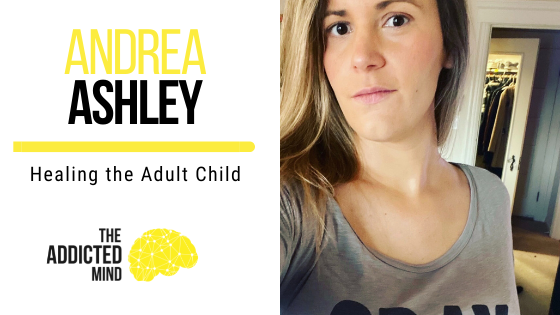A lot of people are oblivious to recurring issues they encounter in life when those are actually the result of some unresolved childhood trauma manifesting in different ways.
Whether it’s addiction, alcoholism, a toxic romantic relationship, a dysfunctional family, people-pleasing, impulsiveness, or you’re struggling with saying no – all these can be telltale signs of an inner wound that needs to be healed.
Manifestations of Complex Trauma
According to Andrea Ashley, host of The Adult Child Podcast, the template for relationships and love are all developed during childhood and trauma manifests in all different ways.
For some people, it might come out in the form of addiction, others, through alcoholism. It could also come out in other compulsive behaviors to various degrees.
Complex trauma doesn’t have to be these big events but they could be recurring incidents, such as a parent being hypercritical of a child over and over. Or you might think your trauma isn’t that bad, not realizing its impact until it does come out sideways, aka, in toxic relationships.
They could also manifest in much more subtle ways too such as people-pleasing, perfectionism, not being able to say no, being overly responsible, and being impulsive.
The term “adult child” is used to describe somebody who grew up in an alcoholic or dysfunctional family whose unresolved childhood pain surfaces and plays out in adulthood and not in a good way.
And so, the core wound is not the addiction, but the faulty programming that occurred during childhood. And the reason a lot of times people relapse with long-term sobriety is that they have not dealt with that trauma.
Healing the Trauma
The small t trauma may not be visible but it can have the same impact as a big T trauma. So it becomes harder for someone to grasp and walk into that emotionally. It takes time and you need a safe space to do it. You need someone who can steer you in that direction, and so, you have to find the right person who could speak your language to help you.
On the other hand, you may have a big T trauma, and you will either recover or you may not have that supportive environment.
At the end of the day, how we heal is unique to every individual, but the common denominator is having a compassionate space to talk about it.
If you want to learn more about healing the adult child, check out Episode 170: Healing the Adult Child with Andrea Ashley.

